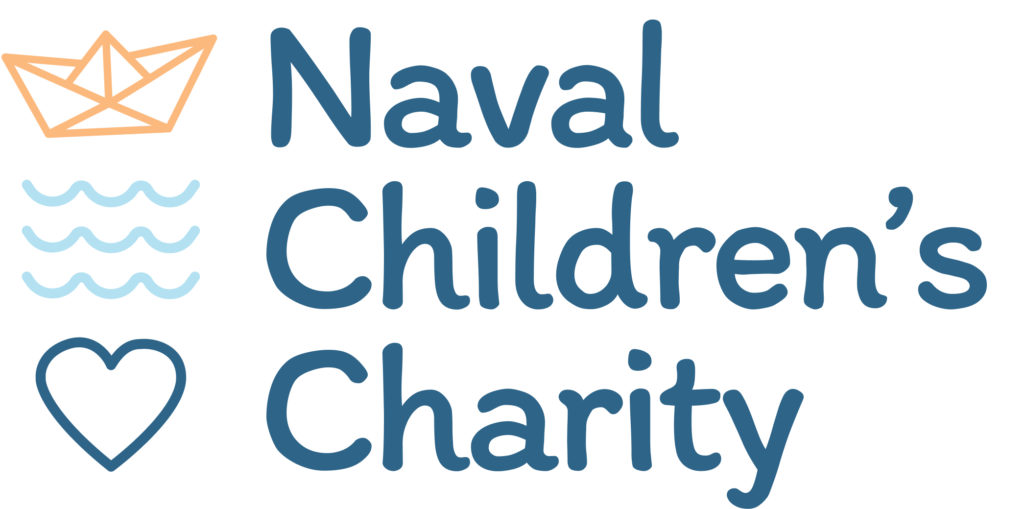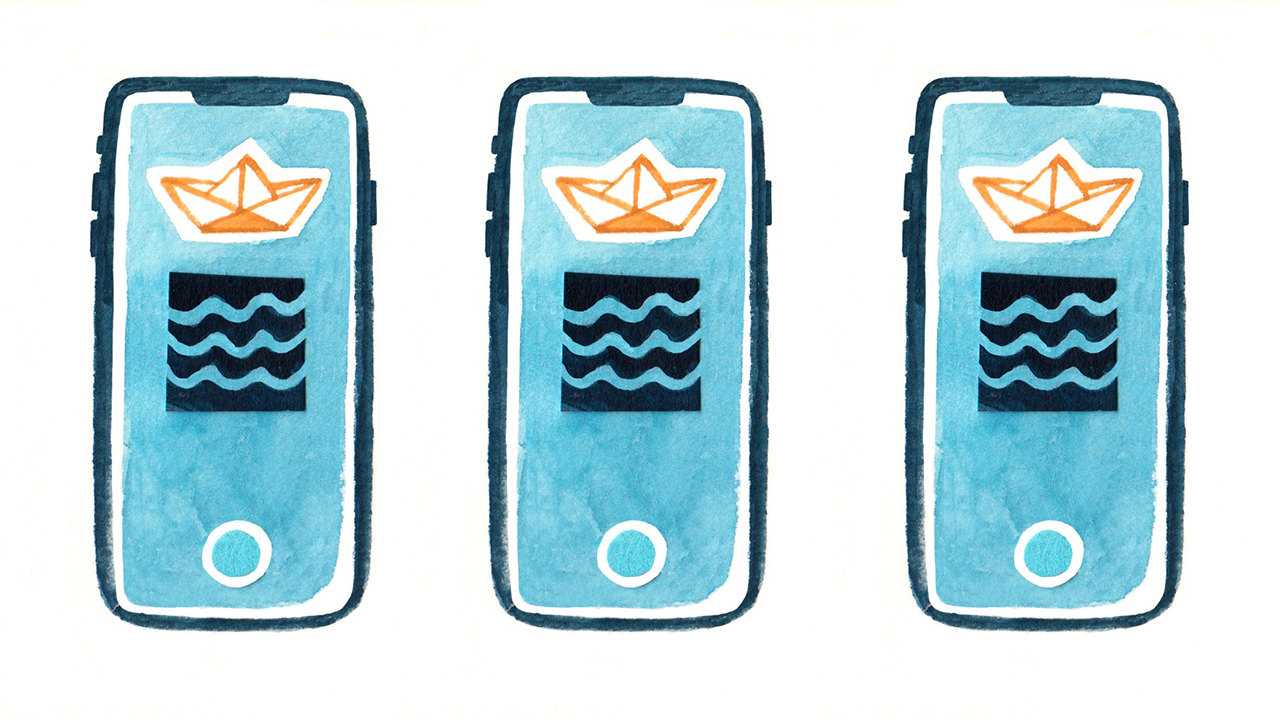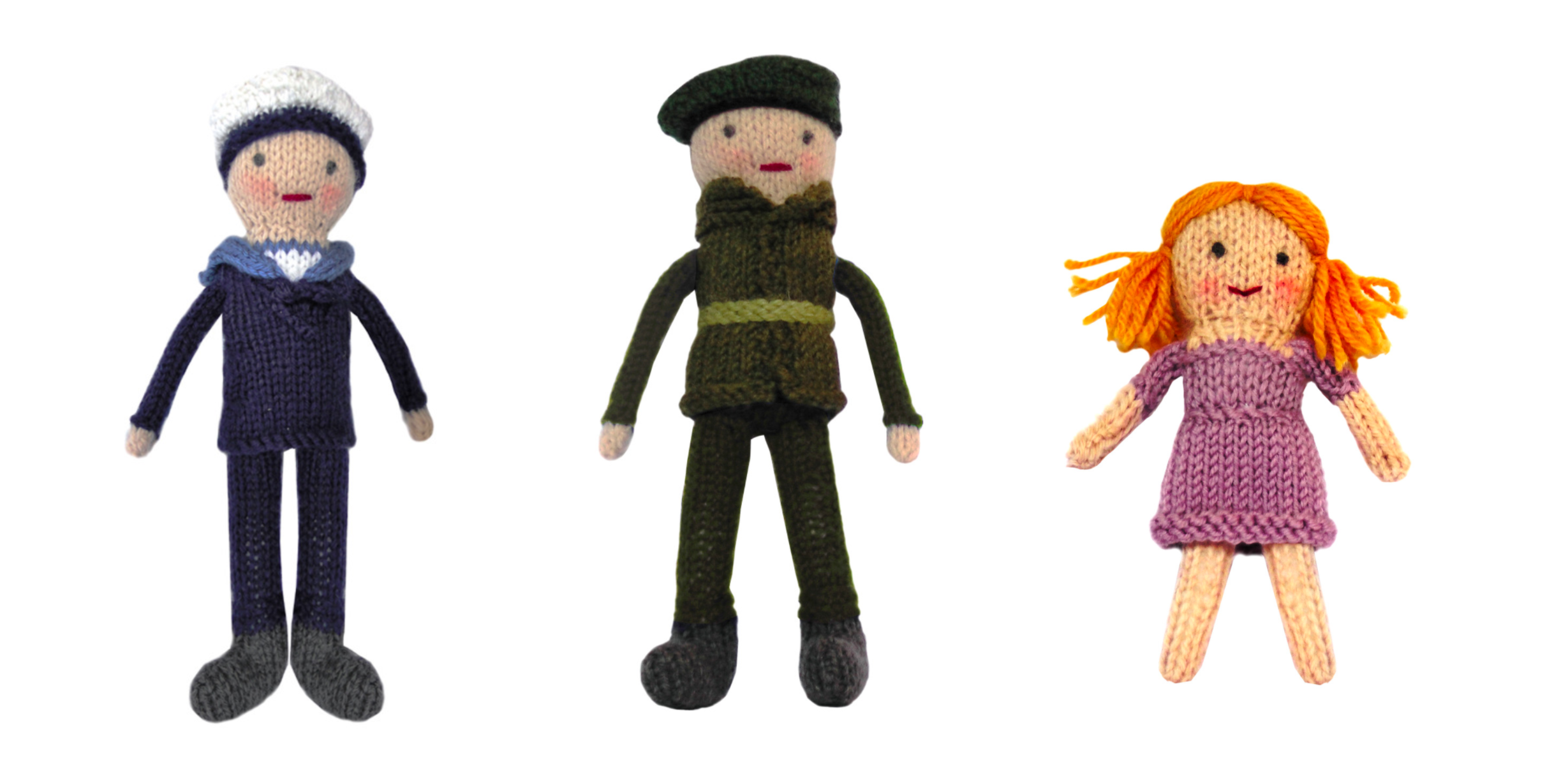Are you the parent of a young child that potentially has special needs and are finding yourself struggling with the system? Both the Naval Children’s Charity (NCC) and the Naval Families Federation (NFF) have noticed that they are receiving enquiries from families on this issue.
For many families with young children some indications of potential special needs show at a young age, often picked up by health visitors or as they start nursery or school. Getting the right assessments, therapies and support for your children can be a long and bewildering process.
The NCC are often approached by families in these situations looking for advice, support and, on occasion, financial assistance to facilitate the journey which can lead to getting an Educational Health Care Plan (EHCP) put in place.
All children and young people may experience learning difficulties at some point. This is not unusual. For most children the difficulties are temporary and are soon overcome with help and encouragement from home and school.
The term ‘Special Educational Needs’ is used to describe learning difficulties or disabilities that make it harder for children to learn than most children of the same age. Children with Special Educational Needs (SEN) are likely to need extra or different help from that given to other children their age. This help is known as special educational provision.
There are four main categories of special educational needs as set out in the SEND code of practice: 0-25 years
Children may have difficulties in one or more areas, such as:
- Thinking, understanding and learning: these children may find all learning activities difficult, or have particular difficulties with some learning activities such as reading and spelling. They may learn at a slower pace than others, find the curriculum difficult, or struggle with organisation and memory.
- Emotional and behavioural difficulties: these children may have very low self-esteem and lack confidence. They may find it difficult to follow rules or settle down and behave properly in school. They may find relationships difficult, appear withdrawn or isolated or do things that impact on their health and wellbeing.
- Speech, language and communication: these children may have difficulty in expressing themselves or understanding what others are saying to them. They may find it hard to make friends or relate to others, find conversations and play confusing or challenging. They may find it difficult to make sense of the world around them or to organise themselves.
- Physical or sensory difficulties: these children may have a disability or a medical condition that has an impact upon their learning. They may have a physical difficulty such as a visual or hearing impairment. These difficulties can be age related and may fluctuate over time meaning they may find it hard to access a school because of their disability or might need extra support or specialist equipment.
The first and most important thing to remember is that all children with SEN are entitled to receive a broad, balanced and suitable education which includes the Early Years Foundation Stage Curriculum (for children aged 3 to 5) or the National Curriculum (for children aged 5 to 16).
Most children with SEN have their needs met in a mainstream school or early settings, although some children with more complex needs benefit from the more specialist help offered in a ‘special’ school.
You should be told if the school thinks your child has or may have SEN and how the school will be helping your child. Your views are very important and so are your child’s own views. The school should make sure that you are involved in all decisions that affect your child because you have a vital role in supporting your child’s education.
If you are a serving family and are looking for advice and support for a child with SEN then the Education Advisory Team (EAT(UK)), part of the MOD’s Defence Children Services (DCS), can help. Other advice for all children can be found through the Independent Provider of Special Education Advice (IPSEA).
However, we know that finding support can be difficult. There can be long waiting lists for assessments and then for the recommended therapies. In some cases, the NCC can support your family with navigating this process.
Therapeutic support. If your child has been recommended therapy, such as Speech and Language Therapy (SALT) it can be difficult to find a practitioner that has availability and that your child connects with.
We know that there is a backlog within the system for children waiting for specialist help, as of Nov 2022 there were 65,000 children under the age of 18 on the NHS waiting list for SALT. Evidence shows that early intervention is beneficial, leading to better outcomes in speech, language and communication.
The NCC have partnered with a new online resource to help families and professionals find the right therapist for your child. TAC Access is a directory of Therapists across the UK who work both face to face and virtually. We can also, in some circumstances, support your family in funding SALT and other therapies.
There is a new app which has been developed to support parents with speech delayed children, called Pippin Speech. The app includes activities, resources and ideas to try with your child at home.
The NHS has resources for parents to support children with speech and language difficulties which are available regionally through your local NHS Trust.
The Naval Children’s Charity (NCC) has also developed a partnership with the National Autistic Society (NAS) to offer experienced and bespoke support to Naval parents who have children with Autism, whether diagnosed or not. To find out if your child meets the criteria for support from the NAS, you can contact the NCC directly, or come to the NCC through RN FPS/other agencies, and our caseworking team will carry out an in-depth assessment to establish the circumstances and needs of your child.
This may then lead to a referral to the NAS and, if required, financial assistance from the NCC towards additional support following recommendations from the NAS. The NAS have centres that can provide assessments for children which are recognised by Local Authorities.
Clare Scherer, CEO of the Naval Children’s Charity said:
“We are delighted to be working in partnership with the National Autistic Society to help improve the support given to our children and young people with Autism and to provide professional and tailored support to the families. As part of our programmes supporting the Health and Wellbeing of our families this is a significant partnership for us.”
The RNRMC, through their Strengthening Families programme, are working with organisations such as the NCC and Kids Charity to develop support to parents with neurodiverse children.
Any financial support from the NCC is means tested but we offer much more than just financial grants. If you think you would like to discuss any issues facing you and your children please contact us on caseworkers@navalchildrenscharity.org.uk or call 023 9263 9534. Visit the education section of our help page, to find out more.












